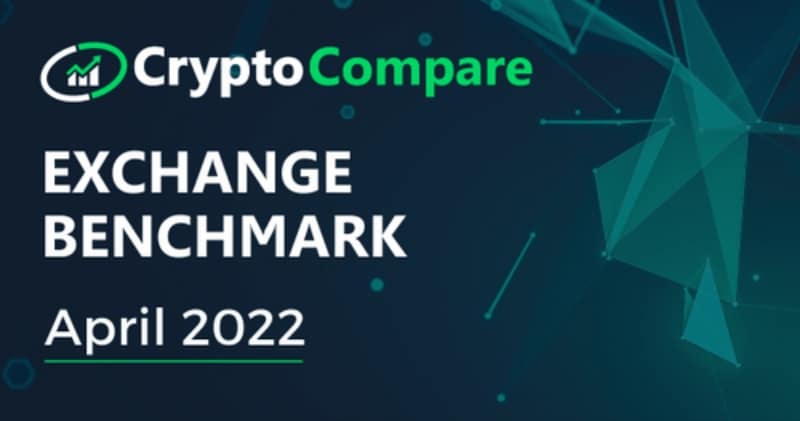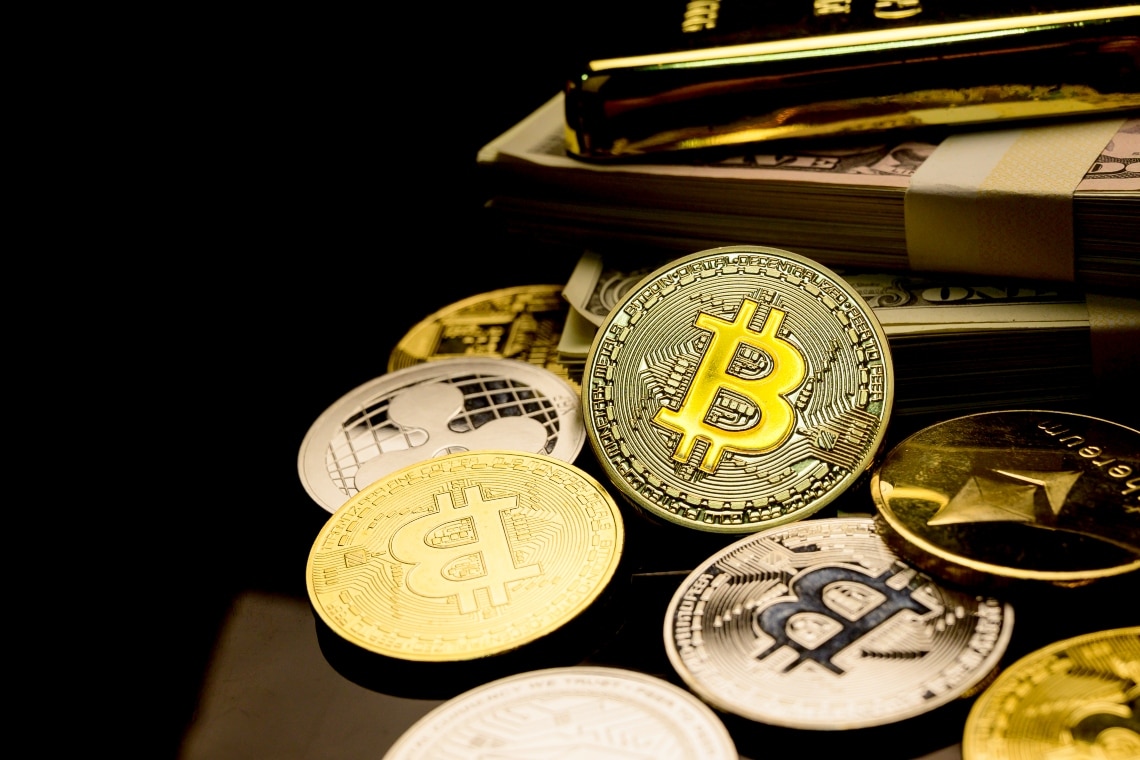The latest report on the main cryptocurrency exchanges by Crypto Compare has been released.
Summary
The results of the new Crypto Compare exchange report

The findings of the latest report analyzing the major cryptocurrency exchanges by the analytics company Crypto Compare have been published.
/1 Today, we are delighted to release our #ExchangeBenchmark report.
This bi-annual report combines over 80 quantitative and qualitative metrics to assign a grade (AA-F) to over 150 active spot #crypto exchanges.
Read the full report below: https://t.co/j5eFvqNzL1
— CCData (@CCData_io) April 11, 2022
Crypto Compare’s Exchange Benchmark ranks more than 150 global exchanges for transparency and accountability, analyzing the different grade for risk assessment. The company benchmark assigns a grade from AA to F to indicate from the most trustworthy to the riskiest companies.
The process somewhat resembles the logic of rating agencies such as Moody’s, Fitch or Standard and Poor’s to name a few of the most important ones globally.
According to the results of the research, Coinbase (with a total score of 89.1) is the exchange considered the most reliable and secure, ahead of Gemini, Bitstamp, and Binance in that order. All four received a double AA grade.
Of the companies considered top-tier, Coinbase, Gemini, Bitstamp, and Binance are the only ones to have received AA ratings. 11 received an A rating, 27 a BB rating and 37 had a B rating. Finally, 80 exchanges are defined as lower-tier.
Top-tier exchanges
The 78 companies considered to be top tier exchanges expanded their market share from 89% in August 2021 to 96% in February 2022, both in terms of retail sales and volumes by professional traders.
These exchanges traded a total of $1.5 trillion in Feb.
2022 compared to $62 billion for exchanges considered lower tier.
Compared to the previous Exchange Benchmark report published in 2019, the industry has seen broad consolidation, with trading volumes for the top exchanges growing strongly.
All the while, less competitive exchanges have struggled: there have been 54 closures of lower-tier exchanges since June 2019. Most of these companies were spread globally, but those based in China saw the most closures (6), mainly due to the Chinese government’s crackdown on the industry.
In terms of security issues, around 4% he exchanges have suffered hacking attacks, while 29% of exchanges claim to hold more than 95% of cryptocurrencies in so-called cold wallets (compared to 27% in August 2021 and 20% in February 2021). Some 60% impose strict ID verification requirements on users (compared to 64% in August 2021 and 66% in February 2021).
99% offer 2-factor authentication (compared to 95% in August 2021 and 97% in February 2021). 24% of exchanges use the services of a custody provider to hold user assets (vs 23% in August 2021 and 18% in February 2021).
Industry revenue
In mid-March, a report by financial advisory firm Opimas had recorded how global trading revenue generated by cryptocurrency exchanges reached $24.3 billion in 2021, surpassing the total revenue generated by traditional exchanges such as the New York Stock Exchange and Nasdaq for the first time ever.
The increase over 2020 would be 600%.
Suzannah Balluffi, analyst in charge of digital assets for Opimas, commented on the data in a note:
“This is quite a shift from only a year earlier, when the traditional exchanges had revenues four times greater than exchanges of the crypto world. The old, venerable names like the New York Stock Exchange, Nasdaq, Deutsche Borse and CME have all been left behind in the dust by crypto startups Binance and Coinbase”.




